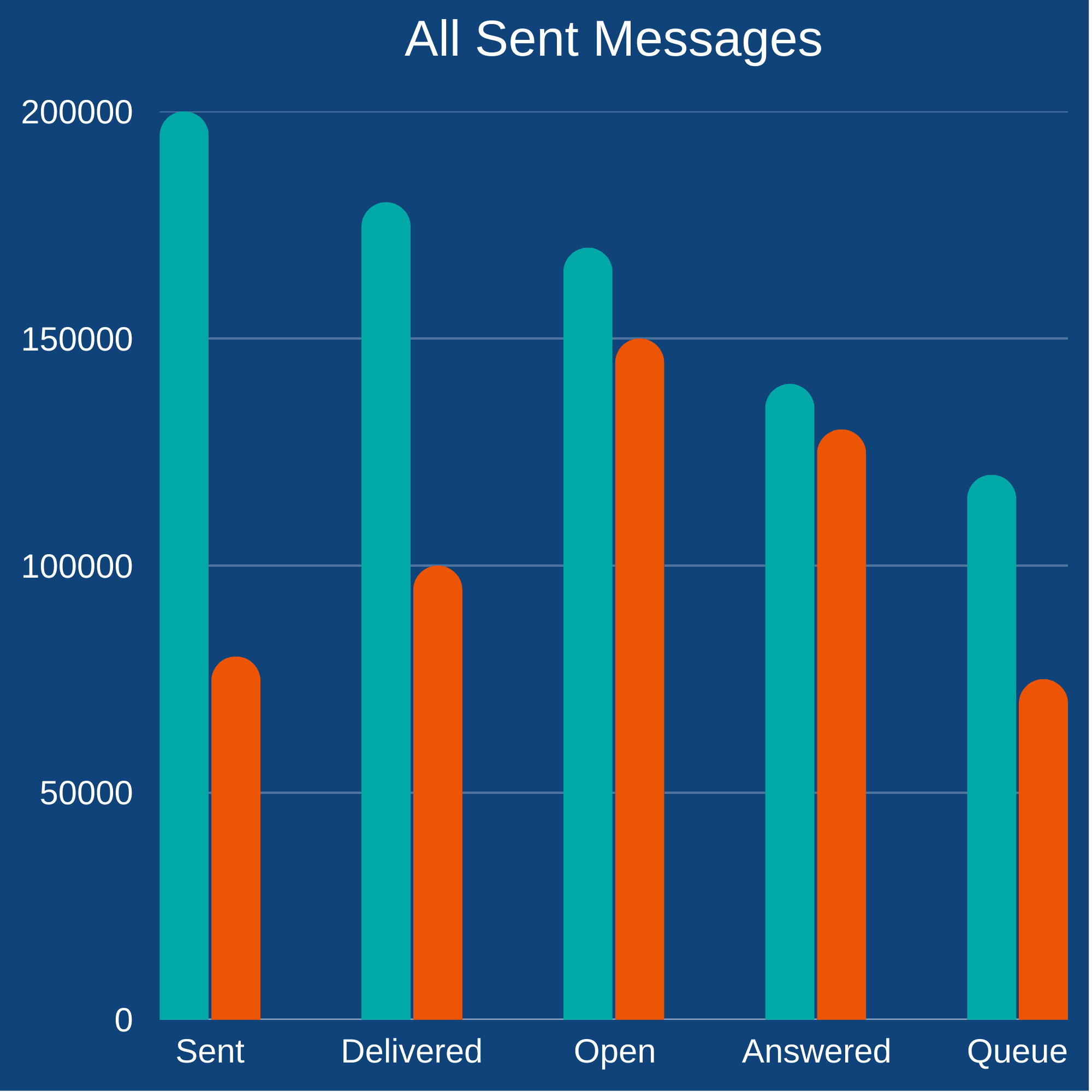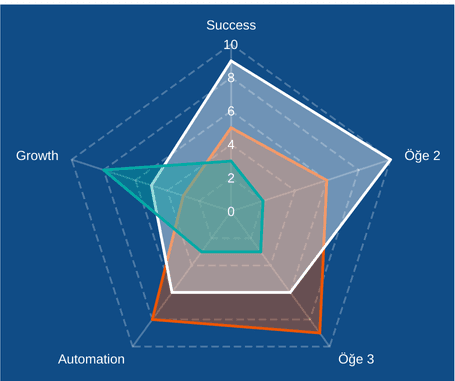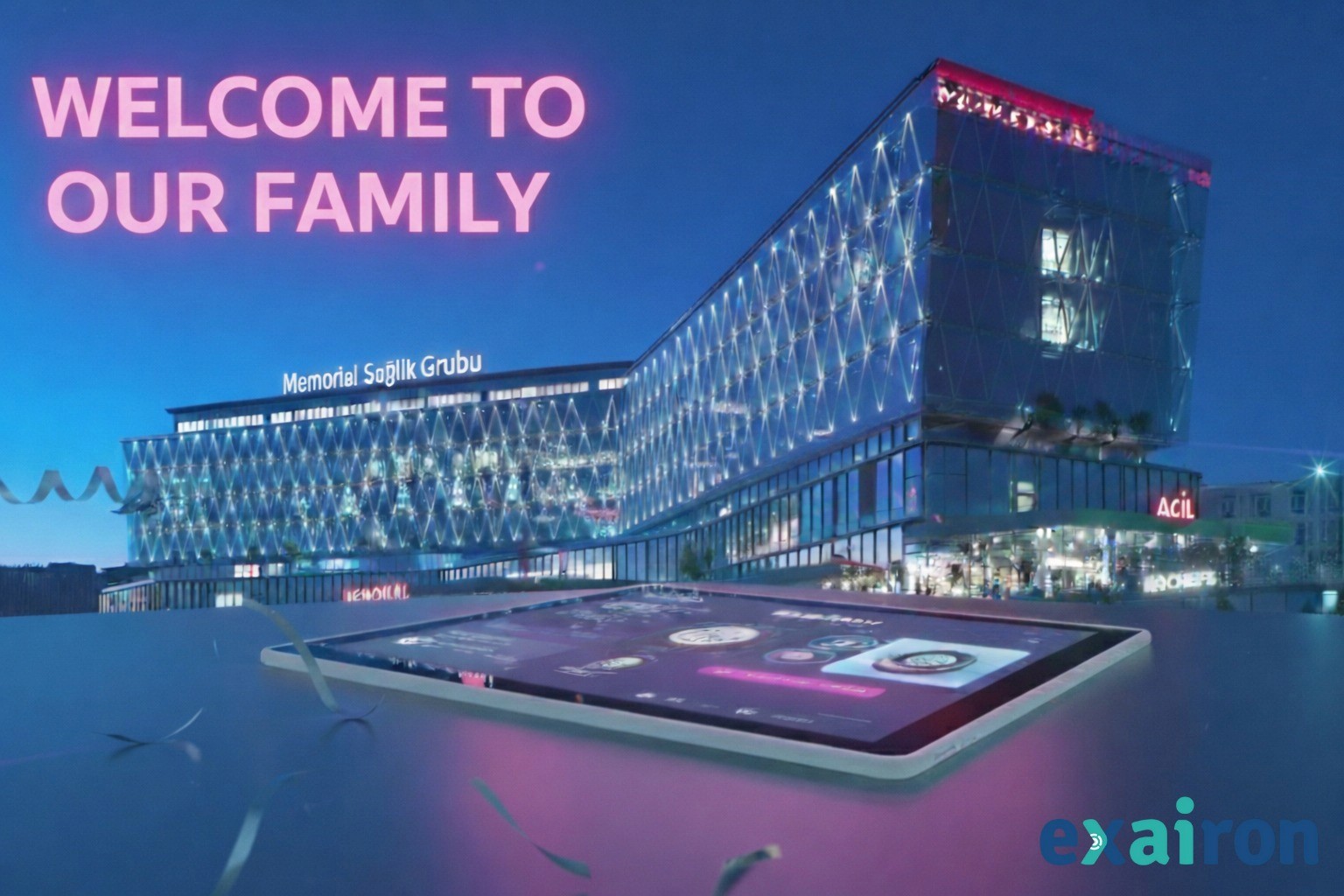Next-Generation Communication with Exairon: The Success Story of Kapadokya University
Next-Generation Communication with Exairon: The Success Story of Kapadokya University

Kapadokya University began its educational journey in 2005 as Kapadokya Vocational
School, located in Mustafapaşa, a historically significant town in the Kapadokya region. On
July 1, 2017, the institution officially gained university status through Law No. 7033,
published in the Official Gazette.
Our university is the first and only higher education institution in the region, established
through the collective efforts and dedication of the local community and education
advocates.
In 2011, the university made significant strides in aviation programs and established a
campus at Istanbul Sabiha Gökçen International Airport—at the heart of aviation in Turkey.
Shortly after its establishment, the university made a notable impact on the Turkish
education landscape with its hands-on training methods and strong industry collaborations.
From aviation to healthcare, it has pioneered many firsts and achievements.
Kapadokya University continues its educational mission with the principle of experiential
learning and is actively working on new projects in this direction.
⚠️ Challenges and the Need for Transformation
In today’s digital age, Kapadokya University faced several communication challenges as it aimed to respond instantly to the expectations of students and their families:
📌 Challenges:
🎧 High Call Volume
During registration, placement, and exam periods, the number of people trying to reach the call center increased significantly, leading to delays in response times.📄 Repetitive Inquiries
A majority of student inquiries were repetitive, causing human resources to spend time on recurring tasks.⏳ Limited Support Hours
Support was only available during business hours, leaving students without assistance on evenings or weekends.🔍 Difficult Access to Information
Prospective students had limited access to guidance and found it challenging to obtain quick and accurate information.
🔄 The Need for Transformation:
These challenges revealed the university’s need for a solution that could provide automation, 24/7 accessibility, and high scalability in its communication processes.
Key goals included:
Ensuring faster and more consistent information flow
Allowing staff to focus on more value-added tasks
Enhancing the admission journey with effective first contact for prospective students
Advancing the university’s digital transformation vision
✅ Achieved Outcomes
Through its collaboration with Exairon, Kapadokya University implemented a structured communication system based on automated machine scenarios via WhatsApp, significantly streamlining student interactions and accelerating processes.
📌 Structured and Guided Communication
Students were directed to accurate information on key topics such as enrollment, scholarships, dormitories, and the academic calendar through automated scenarios.
A reduction in manual errors ensured consistent and reliable communication.
🕐 Time Savings and Operational Efficiency
Messages received via WhatsApp were responded to through pre-configured flows, minimizing the need to involve live agents.
Staff only intervened in special cases, saving both time and resources.
📱 Widely Accessible and User-Friendly Channel
Students were able to communicate with the university through WhatsApp, a platform they already used frequently.
The communication process became faster and more user-friendly.
🎓 Clear Guidance for Prospective Students
During registration and placement periods, prospective students received step-by-step guidance through predefined scenarios tailored to their needs.
The communication was designed to be clear, understandable, and informative.
🔒 Secure and GDPR-Compliant Communication
All processes were designed in compliance with personal data protection regulations.
Data security was ensured, reinforcing the university’s commitment to institutional responsibility.
🎯 The Outcome
Thanks to Exairon’s scenario-based automation, Kapadokya University created a simplified, fast, and guided communication experience using just the WhatsApp channel.
Through this collaboration, the university:
Delivered consistent information on frequently asked topics
Reduced the workload of live agents and used resources more efficiently

Kapadokya University began its educational journey in 2005 as Kapadokya Vocational
School, located in Mustafapaşa, a historically significant town in the Kapadokya region. On
July 1, 2017, the institution officially gained university status through Law No. 7033,
published in the Official Gazette.
Our university is the first and only higher education institution in the region, established
through the collective efforts and dedication of the local community and education
advocates.
In 2011, the university made significant strides in aviation programs and established a
campus at Istanbul Sabiha Gökçen International Airport—at the heart of aviation in Turkey.
Shortly after its establishment, the university made a notable impact on the Turkish
education landscape with its hands-on training methods and strong industry collaborations.
From aviation to healthcare, it has pioneered many firsts and achievements.
Kapadokya University continues its educational mission with the principle of experiential
learning and is actively working on new projects in this direction.
⚠️ Challenges and the Need for Transformation
In today’s digital age, Kapadokya University faced several communication challenges as it aimed to respond instantly to the expectations of students and their families:
📌 Challenges:
🎧 High Call Volume
During registration, placement, and exam periods, the number of people trying to reach the call center increased significantly, leading to delays in response times.📄 Repetitive Inquiries
A majority of student inquiries were repetitive, causing human resources to spend time on recurring tasks.⏳ Limited Support Hours
Support was only available during business hours, leaving students without assistance on evenings or weekends.🔍 Difficult Access to Information
Prospective students had limited access to guidance and found it challenging to obtain quick and accurate information.
🔄 The Need for Transformation:
These challenges revealed the university’s need for a solution that could provide automation, 24/7 accessibility, and high scalability in its communication processes.
Key goals included:
Ensuring faster and more consistent information flow
Allowing staff to focus on more value-added tasks
Enhancing the admission journey with effective first contact for prospective students
Advancing the university’s digital transformation vision
✅ Achieved Outcomes
Through its collaboration with Exairon, Kapadokya University implemented a structured communication system based on automated machine scenarios via WhatsApp, significantly streamlining student interactions and accelerating processes.
📌 Structured and Guided Communication
Students were directed to accurate information on key topics such as enrollment, scholarships, dormitories, and the academic calendar through automated scenarios.
A reduction in manual errors ensured consistent and reliable communication.
🕐 Time Savings and Operational Efficiency
Messages received via WhatsApp were responded to through pre-configured flows, minimizing the need to involve live agents.
Staff only intervened in special cases, saving both time and resources.
📱 Widely Accessible and User-Friendly Channel
Students were able to communicate with the university through WhatsApp, a platform they already used frequently.
The communication process became faster and more user-friendly.
🎓 Clear Guidance for Prospective Students
During registration and placement periods, prospective students received step-by-step guidance through predefined scenarios tailored to their needs.
The communication was designed to be clear, understandable, and informative.
🔒 Secure and GDPR-Compliant Communication
All processes were designed in compliance with personal data protection regulations.
Data security was ensured, reinforcing the university’s commitment to institutional responsibility.
🎯 The Outcome
Thanks to Exairon’s scenario-based automation, Kapadokya University created a simplified, fast, and guided communication experience using just the WhatsApp channel.
Through this collaboration, the university:
Delivered consistent information on frequently asked topics
Reduced the workload of live agents and used resources more efficiently
Recent Posts
Recent Posts

Similar Blog You May Like
Similar Blog You May Like
Similar Blog You May Like

Transform Your Customer Experience with AI to Grow Your Business
Start transforming your customer experience with Exairon and unlock countless opportunities to scale your business



Transform Your Customer Experience with AI to Grow Your Business
Start transforming your customer experience with Exairon and unlock countless opportunities to scale your business



Transform Your Customer Experience with AI to Grow Your Business
Start transforming your customer experience with Exairon and unlock countless opportunities to scale your business





